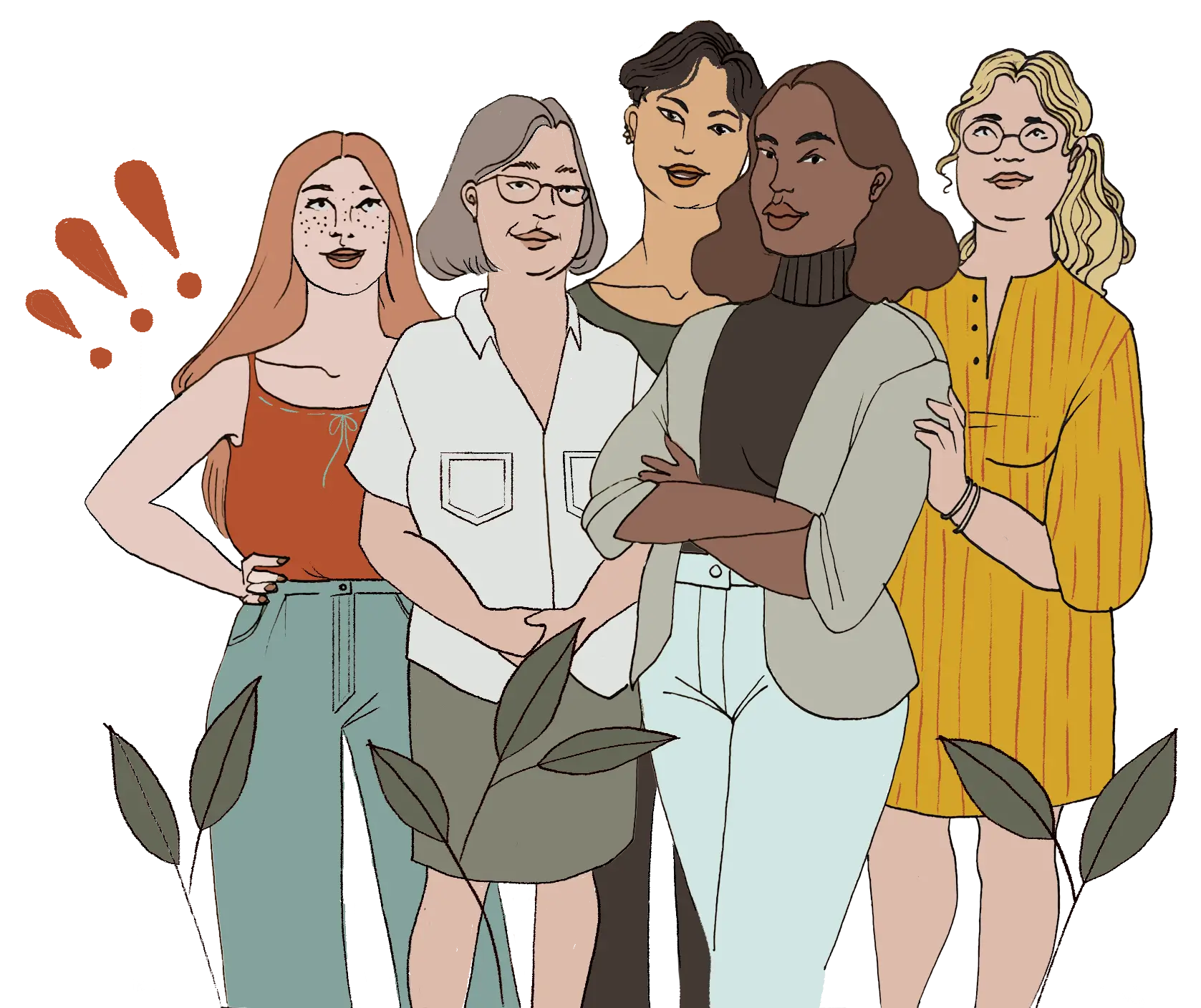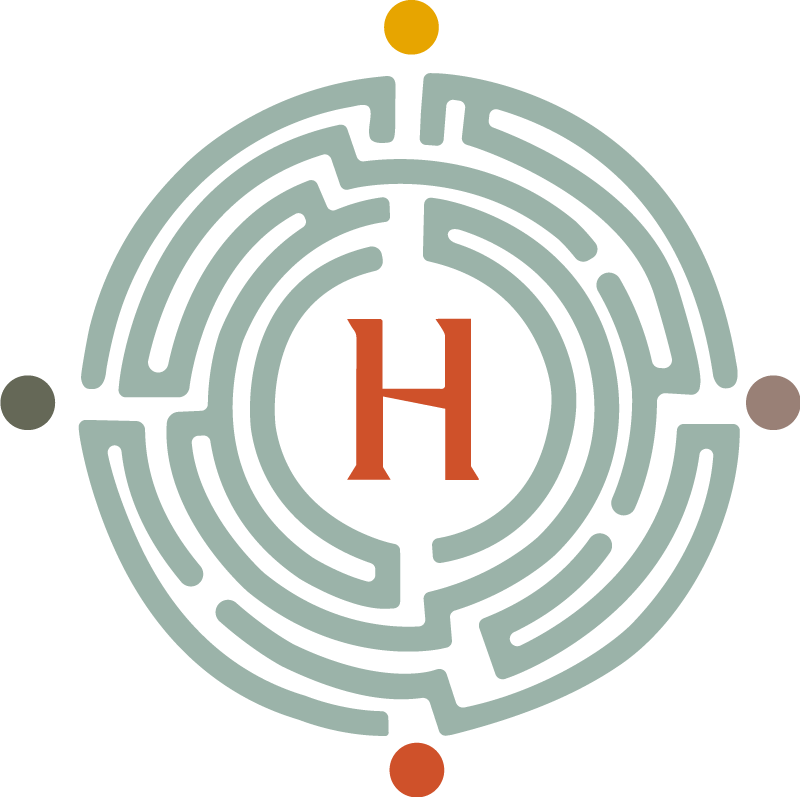When shared decision-making is adopted, people feel empowered to participate in their healthcare decisions. You should feel able to work alongside your doctor to make informed choices that align with your own values, preferences, and unique circumstances.
You may be wondering what this looks like in practice. Well, think about the process of choosing a form of birth control. Did you know that there are over a dozen different options available? Many women are unaware of this fact and opt to trial the first method that is suggested to them by their healthcare provider. This may be fine for you, but it’s also OK to ask your doctor to take some time to talk through all of the options you could choose from. You are not being difficult or taking up too much time in asking them to do this – it is a part of their job.
It’s also important to remember that you don’t have to have a medical ‘reason’ for not wanting to use a particular hormonal treatment method. For example, some people may love that they don’t have to worry about their birth control if they choose to have an intrauterine device (IUD) fitted, while others may feel anxious about the idea of having an IUD inserted. If you are in the camp that feels freaked out that’s OK. That is a legitimate and valid reason to tick that option off your list.
Ultimately, when we make decisions together about our health outcomes, we foster open and respectful communication, ensuring any choices made are the right ones for us. Hormonally cannot change the healthcare system overnight, but we can empower you to feel more in charge of your own hormonal health outcomes. Ask questions, be curious and remember, any decision about you and your body should involve active consent.



